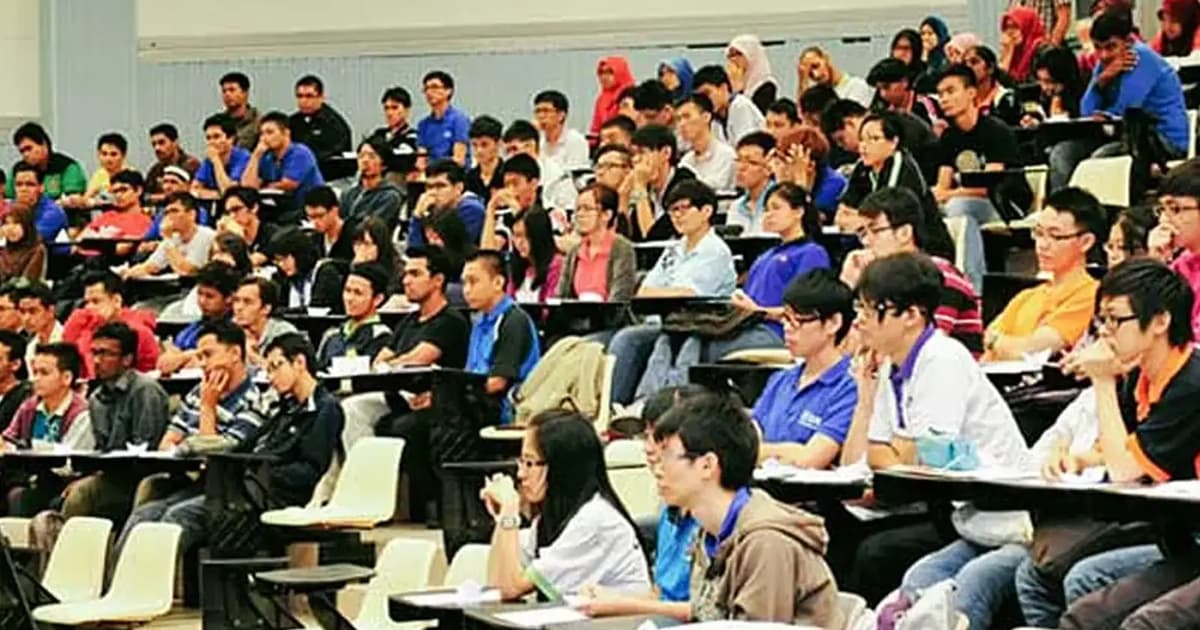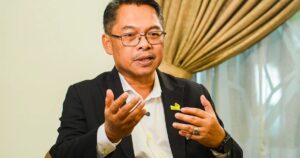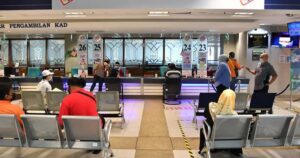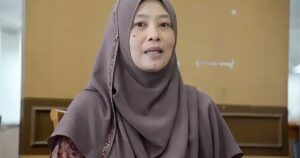
From G25
Malaysia’s higher education system is suffering from a structural crisis. The controversy over Edward Wong’s case is not about one student or one race. It is about a system that is increasingly unfair, opaque, and unsustainable.
The higher education ministry’s own data shows that enrolment of foreign students in our top five universities has grown at 20%-30% a year since 2018, while local student numbers in some universities such as Universiti Sains Malaysia, Universiti Putra Malaysia, and Universiti Teknologi Malaysia have declined.
Public universities starved of sufficient funding from the government are relying on commercial and direct intake routes to survive. Senior university administrators admit privately that government allocations barely cover salaries, leaving them dependent on commercial-rate fee paying students, including foreigners, to meet the financial shortfall.
This crisis hits Malaysians hardest. Subsidised placements through the centralised Unit Pusat Universiti (UPU) admission process are so limited that even outstanding students are forced into commercial admission channels, paying the same as foreigners.
The clearest example of systemic discrimination is the Universiti Malaya medicine programme, where out of 120 UPU seats, only one was given to an STPM student. In a recent statement by the ministry, only 1,255 STPM students achieved a perfect 4.0 CGPA, which represents approximately 3% of all the candidates who sat for the examination.
Without clear data of the same for matriculation or Asasi (foundation programme) graduates, it would not be a fair comparison of standards when it comes to assessing a student’s eligibility for admission via the UPU channel into our top public universities.
This has also exposed the lack of transparency in admissions. The ministry does not publish clear data on how many are admitted to critical programmes or what qualifications they hold. This fuels public distrust.
Attempts to frame this as a racial issue are also misguided. The truth is that Malaysians of all backgrounds are losing out when subsidised places shrink and commercial admissions expand unchecked.
Reform must start with honesty and coherence. The government must enlarge the number of subsidised UPU seats so that capable Malaysians are not squeezed out. Growth in commercial and direct intake programmes must be capped and their revenues channelled back into creating more subsidised places.
Above all, public universities must be properly funded so that they can focus on what matters: research, teaching quality, and producing graduates who are job-ready.
Malaysia has every right to position itself as an international education hub, but that ambition must not come at the expense of Malaysians who deserve affordable, fair access to higher education at home.
A knowledge economy cannot be built on discrimination and opacity. Without urgent reform, we risk creating a system where access depends not on merit, but on one’s ability to pay.
G25 is a group of former senior civil servants.
The views expressed are those of the writers and do not necessarily reflect those of FMT.






